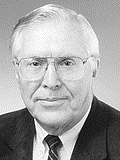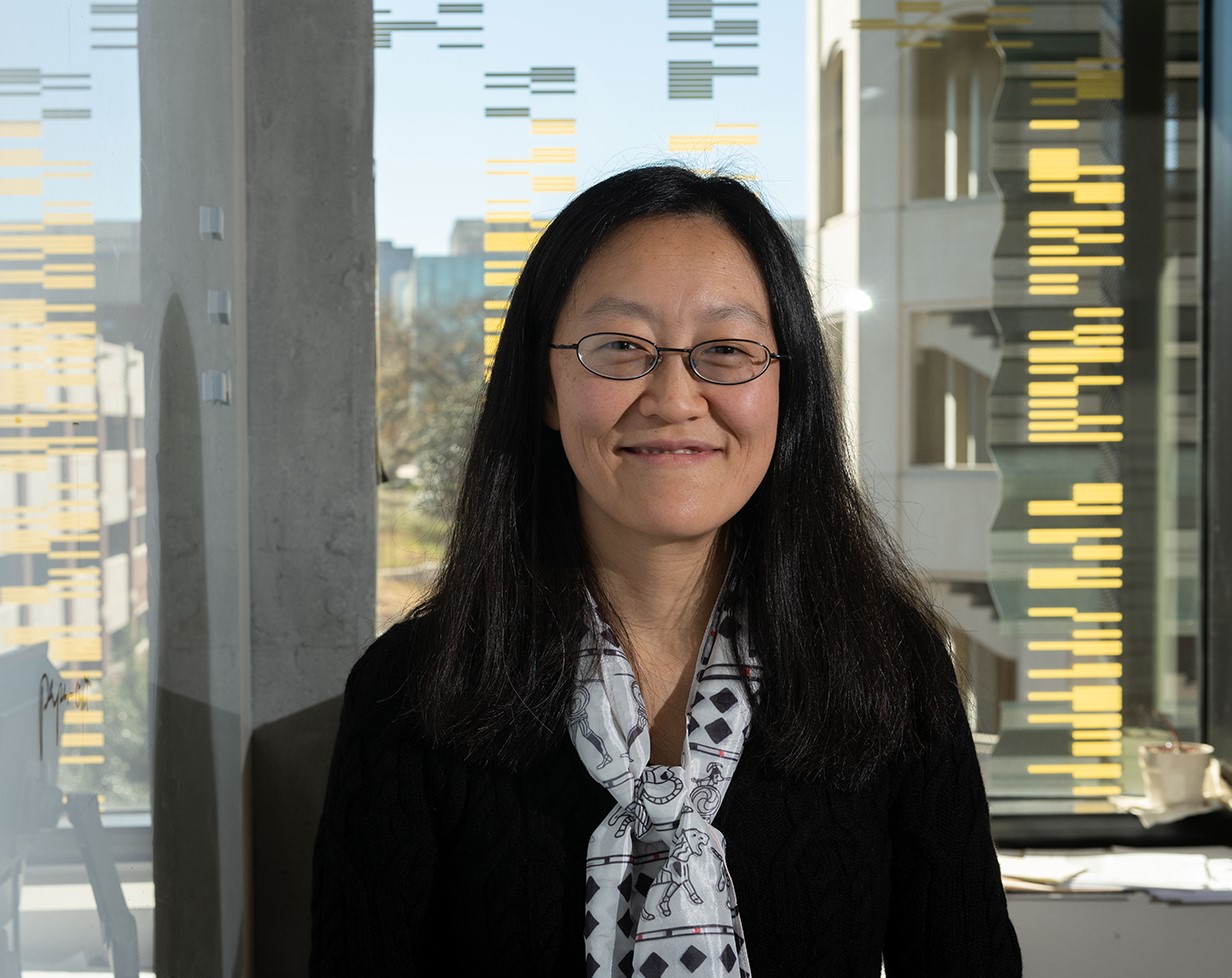Abstract
About the Speaker
Arthur E. Humphrey
 Born in 1927 - Moscow, Idaho. He attended the University of Idaho, MIT, and Columbia University where he received a Ph.D. in Chemical Engineering with a specialty in Biochemical Engineering in 1953. He taught Biochemical Engineering at the University of Pen.nsylvania while serving as the Chemical Engineering Department Chair for 10 years and as Dean of the School of Engineering and Applied Science for 8 years. In 1980 Dr. Humphrey went to Lehigh University where he served 6 years as Provost and Academic Vice President plus chair of the Biotechnology Institute. In 1986 he was named the Diamond Professor of Biochemical Engineering . He retired from Lehigh in 1992. Beginning in 1992 he served as a contract professor, chairing the Biotechnology Institute and teaching a course in Biochemical Engineering at Penn State University retiring for a second time in 1997. Dr. Humphrey was elected to the National Academy of Engineering in 1973. He served as President of the American Institute of Chemical Engineers in 1990/91. He held Fulbright Professorships in Australia and Japan. He gave lectures on Biotechnology in 31 countries. He was appointed by President Nixon as Chair of the Industrial Microbiology Joint Committee to the USSR under Détente. He received the John Fritz Gold Medal from the Associated Engineering Societies as the Outstanding Engineer in 1997. He also received the University of Pennsylvania Gold Medal in 1988 for distinguished service to Society, and the Asian Biotechnology Gold Medal for distinguished service to Biotechnology in 1991. On the occasion of the 100th anniversary of the American Institute of Chemical Engineers, Dr. Humphrey was named one of the most 100 distinguished Chemical Engineers of the modern era. He was awarded three honorary doctorates, one from Lehigh in 1993. He has co-authored three books on Biochemical Engineering, published more than 250 technical papers and served as the research advisor for 27 Ph.D. students. He has received numerous awards from the AIChE, American Chemical Society, and the Society for Industrial Microbiology, including the Annual AIChE Lecture-ship in 1976. He currently resides with his wife of 72 years, at Life Care Community in Scarborough, Maine.
Born in 1927 - Moscow, Idaho. He attended the University of Idaho, MIT, and Columbia University where he received a Ph.D. in Chemical Engineering with a specialty in Biochemical Engineering in 1953. He taught Biochemical Engineering at the University of Pen.nsylvania while serving as the Chemical Engineering Department Chair for 10 years and as Dean of the School of Engineering and Applied Science for 8 years. In 1980 Dr. Humphrey went to Lehigh University where he served 6 years as Provost and Academic Vice President plus chair of the Biotechnology Institute. In 1986 he was named the Diamond Professor of Biochemical Engineering . He retired from Lehigh in 1992. Beginning in 1992 he served as a contract professor, chairing the Biotechnology Institute and teaching a course in Biochemical Engineering at Penn State University retiring for a second time in 1997. Dr. Humphrey was elected to the National Academy of Engineering in 1973. He served as President of the American Institute of Chemical Engineers in 1990/91. He held Fulbright Professorships in Australia and Japan. He gave lectures on Biotechnology in 31 countries. He was appointed by President Nixon as Chair of the Industrial Microbiology Joint Committee to the USSR under Détente. He received the John Fritz Gold Medal from the Associated Engineering Societies as the Outstanding Engineer in 1997. He also received the University of Pennsylvania Gold Medal in 1988 for distinguished service to Society, and the Asian Biotechnology Gold Medal for distinguished service to Biotechnology in 1991. On the occasion of the 100th anniversary of the American Institute of Chemical Engineers, Dr. Humphrey was named one of the most 100 distinguished Chemical Engineers of the modern era. He was awarded three honorary doctorates, one from Lehigh in 1993. He has co-authored three books on Biochemical Engineering, published more than 250 technical papers and served as the research advisor for 27 Ph.D. students. He has received numerous awards from the AIChE, American Chemical Society, and the Society for Industrial Microbiology, including the Annual AIChE Lecture-ship in 1976. He currently resides with his wife of 72 years, at Life Care Community in Scarborough, Maine.

